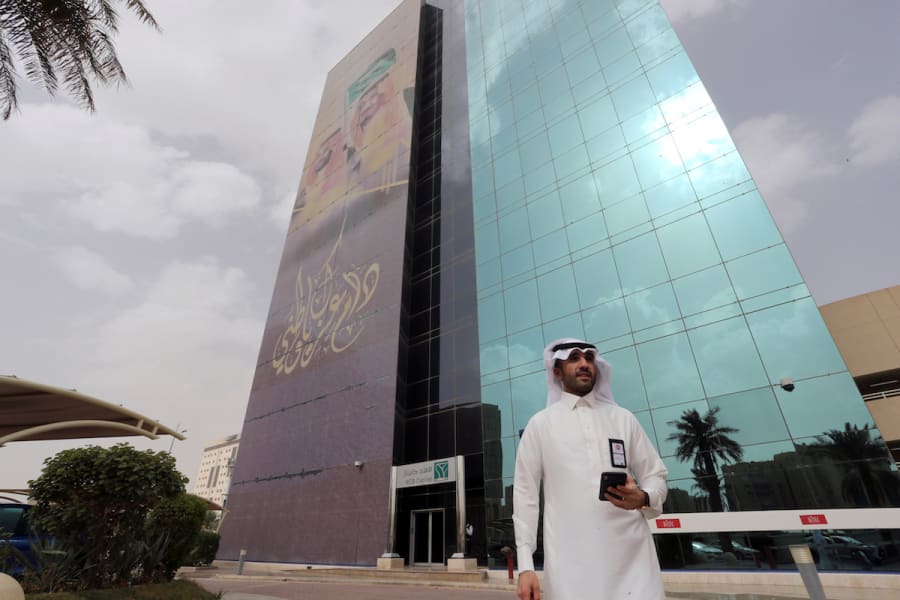Reports: Saudis indirectly investing in Israel through Bahrain
Such investments fuel speculation about an imminent peace deal between Saudi Arabia and the Jewish state

Reports have surfaced that Israeli officials are optimistic that a normalization agreement with Saudi Arabia could transpire by the end of 2021, with some experts voicing expectations that it could even come in the first half of the year.
The Foreign Ministry has made no official comment on the reports, even in response to direct questions by journalists. But Intelligence Minister Eli Cohen said publicly last week that Riyadh could join the Abraham Accords within the next year.
The comments were in line with Cohen’s cautious approach to the issue when speaking in public, which usually includes qualifications about the fluidity of the strategic situation in the Middle East, particularly at a time of a presidential transition in the U.S.
However, strong indications of the pending diplomatic breakthrough included a secret (but widely reported) visit to Saudi Arabia by Israeli Prime Minister and some of his senior military and intelligence advisors on Nov. 23 to meet with Crown Prince Mohammed bin Salman (MBS) and U.S. Secretary of State Mike Pompeo, who was in the region for meetings with American allies. The subsequent reports about the meeting were met with intense chagrin by the Saudis, who vehemently denied it.
Netanyahu, for his part, replied to press inquiries about the meeting with “no comment,” which was interpreted as being a tacit acknowledgment but little else.
But now, with the transition in Washington well under way, there appears to be a new willingness for Israeli officials, including Mossad Director Yossi Cohen, to confidently predict that Saudi Arabia will soon be making an announcement.
One such indication is the indirect investments that Saudi business interests are making in the Israeli economy with banks and financial services companies based in Bahrain, which is serving as a middleman. Bahrain, having already joined the Abraham Accords normalized its relations with Israel making the Gulf country ideally suited to serve as a conduit for Saudi investment in the Jewish state. The Bahraini banking and financial services sector is already deeply intertwined with banks and investors in Saudi Arabia, making it relatively simple for Saudi business interests who want to start investing in Israel even before a formal diplomatic agreement is announced.
Meanwhile, Saudi Arabia is far from being the only regional heavyweight looking to improve its relationship with Israel.
On Tuesday, the Israeli Cabinet approved a plan for Israel to join the East Mediterranean Gas Forum (EMGF) which already includes Egypt, Greece, Cyprus, Jordan, the Palestinian Authority and Italy, with France having also expressed interest in joining.
“The vision became a reality!” Energy Minister Yuval Steinitz said. “The blessing of gas leads us to historic cooperation with Arab and European states that will only broaden, along with contracts to export natural gas to Jordan and Egypt worth tens of billions of dollars, and more to come.”
Steinitz and his Egyptian counterpart, His Excellency Tarek al-Mulla, jointly founded the EMGF in 2017, but Israel’s formal entry was delayed due to bureaucratic issues within Israel’s government.

The All Israel News Staff is a team of journalists in Israel.













